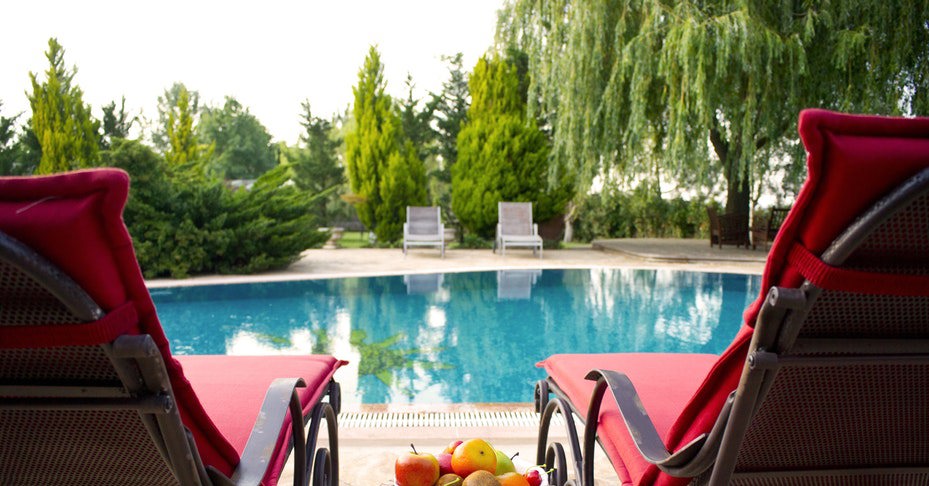Swimming Pool Insurance and Maintenance Tips
A guide on how to maintain your swimming pool to prevent damage

Summer is here which for many means it’s time to get the pool up and running.
While pools are fun to use, they do take a lot of effort to maintain and each year many of our clients 'start up' their pools only to find water leaks, cracks, damaged liners and covers and malfunctioning plant.
Many scenarios are covered by insurance, however there are some that are commonly excluded – some of these are preventable or caused by wear and tear, such as, frost damage and freezing of water in pools and in pool plant; damage by atmospheric and climatic conditions; rusting; corrosion; mould; rot, damage caused during any process of restoration, repair, treatment or cleaning by someone other than a professional business. Subsidence, heave and landslip damage to pools may also be excluded.
A good care and maintenance routine can avoid many of the above scenarios so it’s important to carefully look after and maintain our swimming pools, saunas and hot tubs with all the paraphernalia that goes with them.
Insurers recommend the use of expert people to recommission pools ready for the summer season, and thereafter to prepare for winter and the cold period. Here is some helpful advice:
Clean up plant debris
Clean the pool deck, patio, nearby planting beds - anything that has the potential for producing debris in a pool, as these could eventually cause water problems.
Check your pool supplies
Check expiry dates on all pool chemical containers. Cleaning supplies that are past expiry date should be properly disposed of and replaced with new chemicals. Also remember that if a chemical was not properly sealed before being stored in the off-season, you will need to replace it as this could cause a calcium problem and impact the chlorine purity.
Pool water balance
One of the most important measures of swimming pool maintenance is achieving water balance. Understanding water balance can also be one of the most confusing processes of pool maintenance. Because of its complexity, some new pool owners may not know everything they have to do to keep their pool water safe, comfortable and corrosion free. Get expert advice about pH control, stabilisation and chemical treatment.
Inspect the pool
Remove expansion or freeze from the surface skimmers and wall returns, and restore directional fittings. Make sure to inspect the filter and pump for damaged or worn parts and buy replacements. To prevent lights from cracking in areas where it freezes, underwater light fixtures are often removed from their housings, with the wires still connected. Coil the wire into the niche and reattach the light fixture. Also, be sure to look for chips in the plaster and indentations on the deck and coping. It's also a good time to remove any calcium scale and stains from the tiles with a household tile cleaner or baking soda and a tile brush. For tougher stains, try using a pumice stone.
Gunite pools
Check and repair any cracks as soon as you find them. Checking for cracks should be a standard part of regular maintenance. It's especially important to check for cracks at the beginning and end of the swimming season. Cracks often develop from ground shifts and should be repaired in accordance with guidelines on the product label or instructions from the manufacturer.
Fibreglass
Hairline cracks are normal; inspect for other damage. Hairline cracks often occur in fiberglass over a period of time. Since fibreglass pools have a gel coating, hairline cracks do not tend to leak or affect the integrity of the pool. If a major crack or damage occurs, however, call a fiberglass pool specialist.
Check the filter cartridge
The filter is vital to the operation and safety of pools so it is important that is kept in a good state of repair. Remove the top of the filter and check the filter cartridge (if applicable.) The filter should be clean, with no cracks or blockages. If you have a sand filler, refill it to the indicated level. Also check the piping in the filters for cracks or leaks.
Taking good regard of this advice can help prevent complex and sometimes highly disruptive claims and leave you with more time in the pool throughout the summer…. Enjoy!
Mark Vautier
Head of Private Clients




